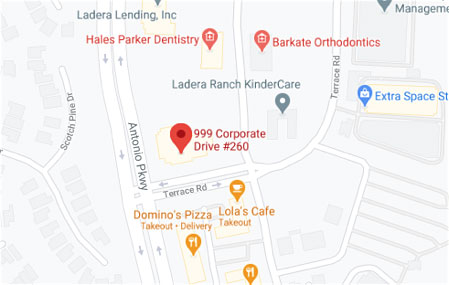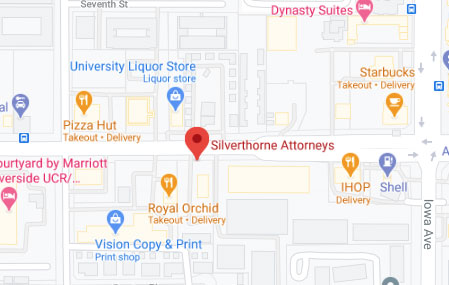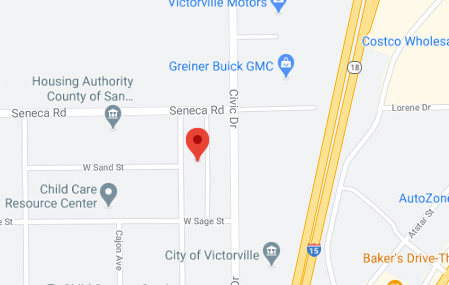Prop 213 California
What is California Prop 213? Many years ago, Californian’s voted to make proposition 213 part of the law. Legislation stipulates that it now prevents people from recovering “general damages” (pain and suffering) from car accidents when they are fleeing from a felony, or do not have insurance.
Prop 213 Civil Code 3333.4 – Full Text
(a) Except as provided in subdivision (c), in any action to recover damages arising out of the operation or use of a motor vehicle, a person shall not recover non-economic losses to compensate for pain, suffering, inconvenience, physical impairment, disfigurement, and other non-pecuniary damages if any of the following applies:
- The injured person was at the time of the accident operating a vehicle in violation of Section 23152 or 23153 of the Vehicle Code (driving under the influence), and was convicted of that offense.
- Injured person was the owner of a vehicle involved in the accident and the vehicle was not insured as required by the financial responsibility laws of this state.
- The injured person was the operator of a vehicle involved in the accident and the operator can not establish his or her financial responsibility as required by the financial responsibility laws of this state.
(b) Except as provided in subdivision (c), an insurer shall not be liable, directly or indirectly, under a policy of liability or uninsured motorist insurance to indemnify for non-economic losses of a person injured as described in subdivision (a).
What is California Prop 213?
(c) in the event a person described in paragraph (2) of subdivision (a) was injured by a motorist who at the time of the accident was operating his or her vehicle in violation of section 23152 or 23153 of the Vehicle Code, and was convicted of that offense, the injured person shall not be barred from recovering non-economic losses to compensate for pain, suffering, inconvenience, physical impairment, disfigurement, and other nonpecuniary damages.
The reasoning behind this law is quite simple. This law prevents those who do not protect others from their own negligent actions (by not acquiring the proper insurance coverage). Moreover, they should not be able to collect compensation for pain and suffering damages. Although Prop 213. states that the driver who does not have insurance cannot collect general damages, they can still receive compensation for medical bills and other expenses due to the physical injuries.
This law is set up to prevent criminals from collecting “pain and suffering.” However, the downfall of this law is that insurance companies use the law to deny coverage to innocent people, or people who had a lapse in coverage. However, hiring a personal injury attorney will get you the settlement you deserve.
“General Damages” vs. “Special Damages”
Even though it may not seem like it, there is a difference between “general damages” and “special damages.” Below, we go into the differences between the two. Specifically, who it affects and who it does not.
General Damages
Monetary recovery (money won) in a lawsuit for pain, suffering, inability to perform certain functions, etc. there is no exact dollar value. Furthermore, it includes punitive (exemplary) damages for punishment and to set an example when malice, intent, or gross negligence was a factor.
General damages show that there is a definable link between the defendant’s behavior in correlation with the plaintiff’s injuries. for example, general Damages can include the following:
- Pain and suffering;
- Physical disfigurement;
- Physical impairment;
- Mental anguish;
- Loss of a loved one (this is usually paid to the family members of a wrongful death case);
- Lowered quality of life
Special Damages
Damages that compensate the plaintiff for quantifiable monetary losses. Losses include medical bills and costs to repair the property damage (direct losses). in addition to lost earnings (consequential damages). These are different from general damages, for which there is no exact dollar value to the plaintiff’s losses.
Special damages are out-of-pocket expenses that an attorney calculates by adding up all of the plaintiff’s financial losses. for instance, in order for those suffering to receive a settlement, they must prove their losses. for example, insurance companies establish the value of the car very easily and falls into the category of special damages. However, calculating special damages can be problematic down the line. Especially when you are trying to figure medical care or future income losses due to the injury.
Every personal injury case is unique. Common types of special damages include the following:
- Repair and replacement of damaged property;
- Lost wages and loss of earning capacity;
- Medical expenses (past, present, future);
- Loss of irreplaceable items.
Special damages can mean ‘specific easily identified and specified losses’, and general damages, ‘an unquantified sum in respect of imponderables’. Prop213 does NOT affect an injured party’s ability to recover compensation for their medical bills, lost wages, or damaged/broken. Furthermore, it only prevents the injured, uninsured driver from being able to receive compensation for pain and suffering. Therefore this law helps to protect those who have liability coverage – even an at fault driver.
When Prop 213 Does Not Apply
- Prop 213 is set up to punish a driver who violates the state’s insurance laws. This law does not apply to the passengers in the uninsured motorist’s vehicle at the time of the accident.
- As stated above in the Civil Code, specifically exempts the application of Prop 213 in cases where the defendant has a DUI conviction on their record.
- Prop 213 does not apply to employer owned vehicles. the employer must have insurance. Since it is not the responsibility of the employee to buy their own insurance.
If you are suffering from injuries and you need representation, contact our office today. Consultations are free.












